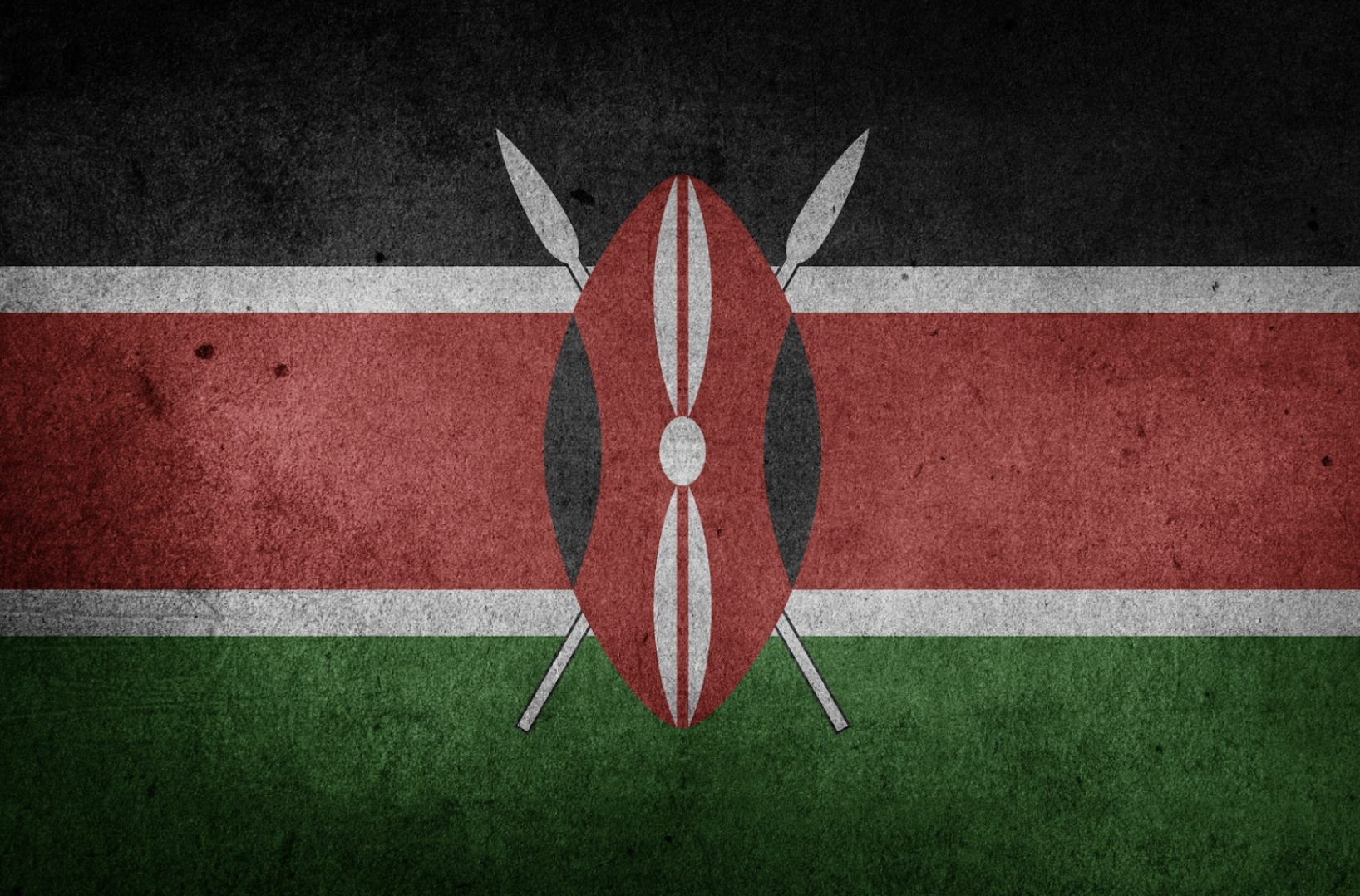
[객원 에디터 5기 / 이석현 기자] Tragically, 21 bodies were reported in a local investigation into a starvation cult in Kenya, which has triggered shock waves across the country and highlighted the dangers of extreme religious practices.
The cult, referred to as the “Lost Israelites of Kenya,” was headed by Levi Njomkai, who asserted himself as the prophet and urged his followers to follow a strict diet and long periods of fasting. He further propagated the ideology that the members represented the descendants of the biblical Israelites who should wait for a divine intervention for salvation. According to the AFP, the pastor likely urged the group to starve themselves to death to “meet [with] Jesus.”
Local authorities began their investigation into the cult after reports of missing individuals were received in the region. Though they were initially unable to locate the group, they eventually tracked it down to a remote village situated in Eastern Kenya. After they arrived, they shockingly found the corpses of 21 cult members, including five children, that displayed signs of severe starvation and dehydration. The cult members had reportedly been fasting for weeks—possibly months—and survived only on a meager diet of wild fruits and vegetables. Most of the bodies were located in a makeshift shelter in which the cult members likely resided. In turn, this finding has invigorated public debate across Kenya around the dangers of extreme religiosity. While freedom of religion is enshrined in the Kenyan constitution, there are also rising concerns that some religious groups may take things too far.
As a result, the Kenyan government has responded to the tragedy by promising to crack down on what it referred to as “rogue churches,” as well as promising to thoroughly investigate and prosecute any organization that is involved in dangerous or illicit activities.
In addition, the tragedy has highlighted the need for expanded education and awareness about the dangers of religious extremism. A number of education experts have urged policymakers to establish more education and outreach programs to help people understand the risks associated with joining cults.
Ultimately, the discovery of the 21 corpses stands as a tragic reminder of the pending need to raise awareness about the risks associated with extremist groups. It is now up to the Kenyan government to find a right balance between upholding religious freedom and the safety of its citizens.
Sources: The BBC, The Guardian, ABC News, Insider





